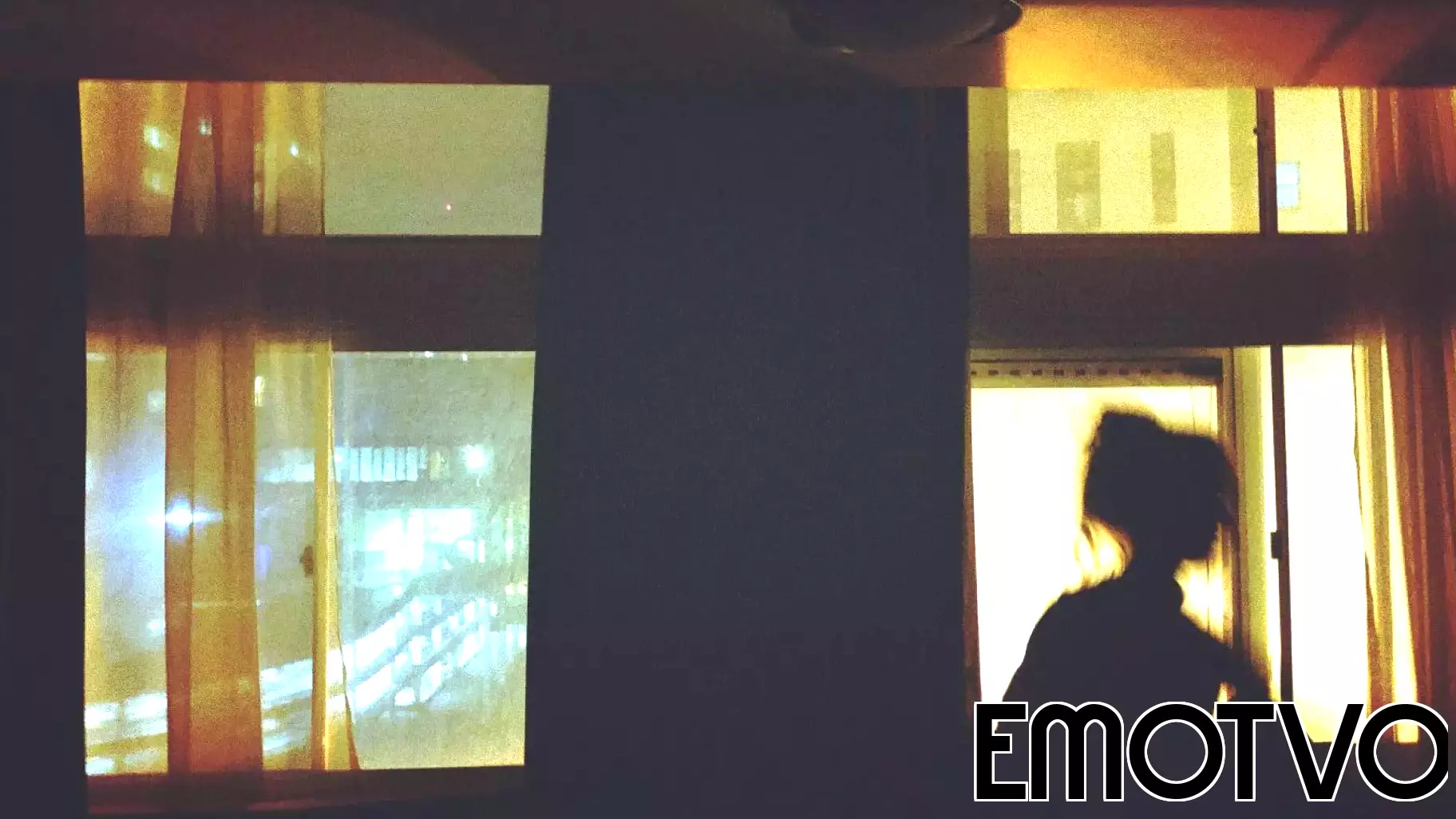March 31, 2025 - 10:16

Recent studies have uncovered a concerning trend: individuals who identify as night owls are more prone to experiencing depressive symptoms compared to their early-rising counterparts. This intriguing connection raises questions about the underlying factors contributing to this phenomenon.
Researchers suggest that the misalignment between the natural circadian rhythms of night owls and societal expectations may play a significant role in their mental health struggles. Night owls often find themselves at odds with traditional work schedules, leading to sleep deprivation and increased stress levels. The lack of adequate sleep can exacerbate feelings of anxiety and sadness, creating a vicious cycle that is difficult to escape.
Additionally, social isolation may be a contributing factor. Night owls may have fewer opportunities for social interaction during typical daytime hours, leading to feelings of loneliness and disconnection. This isolation can further intensify depressive symptoms, creating a complex interplay between lifestyle choices and mental health.
As awareness of this issue grows, it becomes essential to address the unique challenges faced by night owls, promoting healthier sleep patterns and providing support for their mental well-being.



